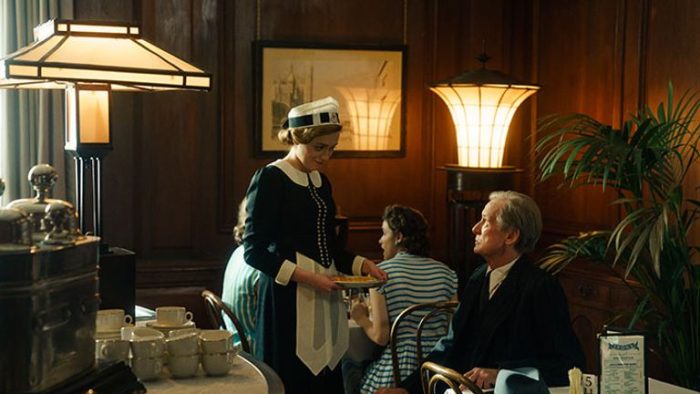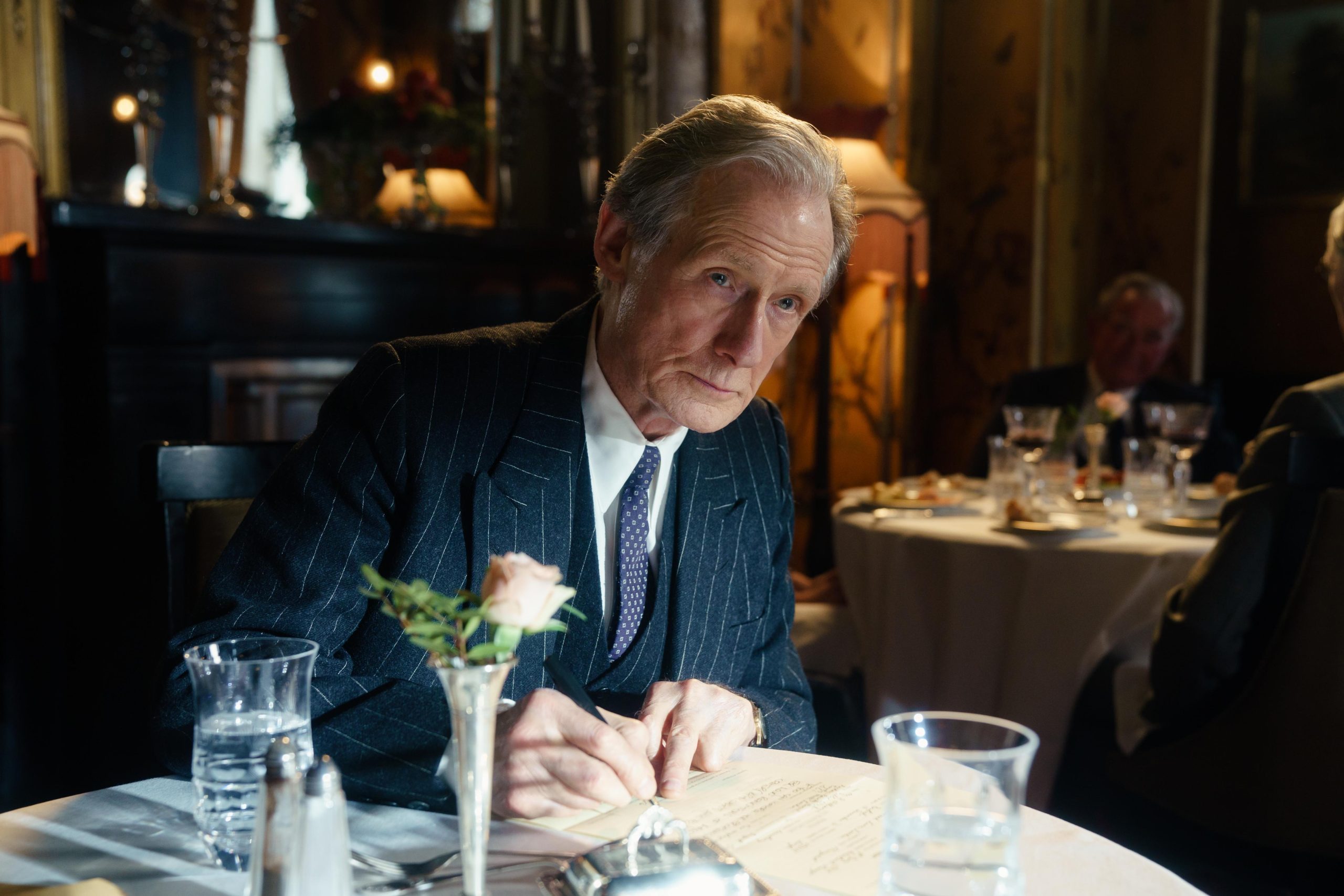Living may well be one of the most broad, all encompassing titles that a film has ever been given, as living involves a lot of things. The only broader title I can think of would be to call a film literally A film, which would be even vaguer still, and at the same time annoyingly pretentious.
Living therefore has a lot to live up to. We can’t forget that it is also based on a film that already exists, 1952’s Ikiru, a Japanese film of the same name about a man grappling with a terminal diagnosis and a desire to live. As far as adaptations go, I would love to say it lives up to the original, however, disappointingly I have actually not yet seen Ikiru, although from the editor of Screen, I hear (in his opinion) it does not.
Regardless, when I hear that writer Kazuo Ishiguro has been recruited to adapt the screenplay (originally by Akira Kurosawa), I cannot think of anyone better to give it a shot. Ishiguro, for those who do not yet know, is one of the strongest novelists of our time (Remains of the Day, Klara and the Sun, Never Let Me Go), and has great experience in adapting from Japanese to English (simply see his biography, having moved at a young age from Nagasaki, Japan, to Guildford, Surrey…of all places).
I also went into this film, as I say, with none of the context, no expectation, and therefore a far higher chance I would enjoy it.

All that said, there is one main thing I would say about the film, and that is its warmth. Like most things we call living, this film radiates the stuff, and it is a delight. Bill Nighy truly glows as Williams, providing most of the film its radiance with his gentlemanly gentle manner and sparkling eyes. It is also worth noting too that Sex Education star Aimee Lou Wood (playing Williams’ late life companion, Margaret Harris) also complements his warmth with her own unique shine, and her own confidence as an actor who can break free from potential inseparability with her previous role in a hit Netflix series. If the aim of the actor is to disappear within a beautifully written story, she does this well.
Nighy and Wood’s performances are not the only source of this warmth that I’m going on about though, it also exists within the softness of the camera’s focus, and the steadiness of the way in which the whole film is stitched together. On top of this is the music, composed by Emilie Levienaise-Farrouch which, though a little continuous throughout for my taste, undeniably added to the overall warm-fuzzy-texture of my experience watching.
A lot of crying happened in City Screen, be that only me, since I couldn’t see through my own tearful eyes to confirm anyone else’s. To be fair, I had not had the best week, and was a little emotionally delicate going in, but I stand by the fact that Bill Nighy singing a Scottish folk song with fear of death in his eyes is enough to make most people at least a little emotional.
Living came out in UK cinemas on 4th November. You may still have a chance to watch it on the big screen, and I’d recommend you do – particularly if you like films that really cut into the middle of the cake and grapple with questions about mortality, humanity, and, in short, living in general. If not, although no release dates are yet confirmed, the film will likely be available to stream online, and rent or buy in digital form.
